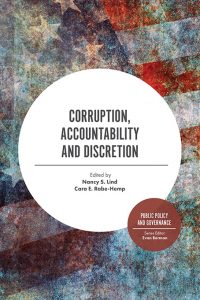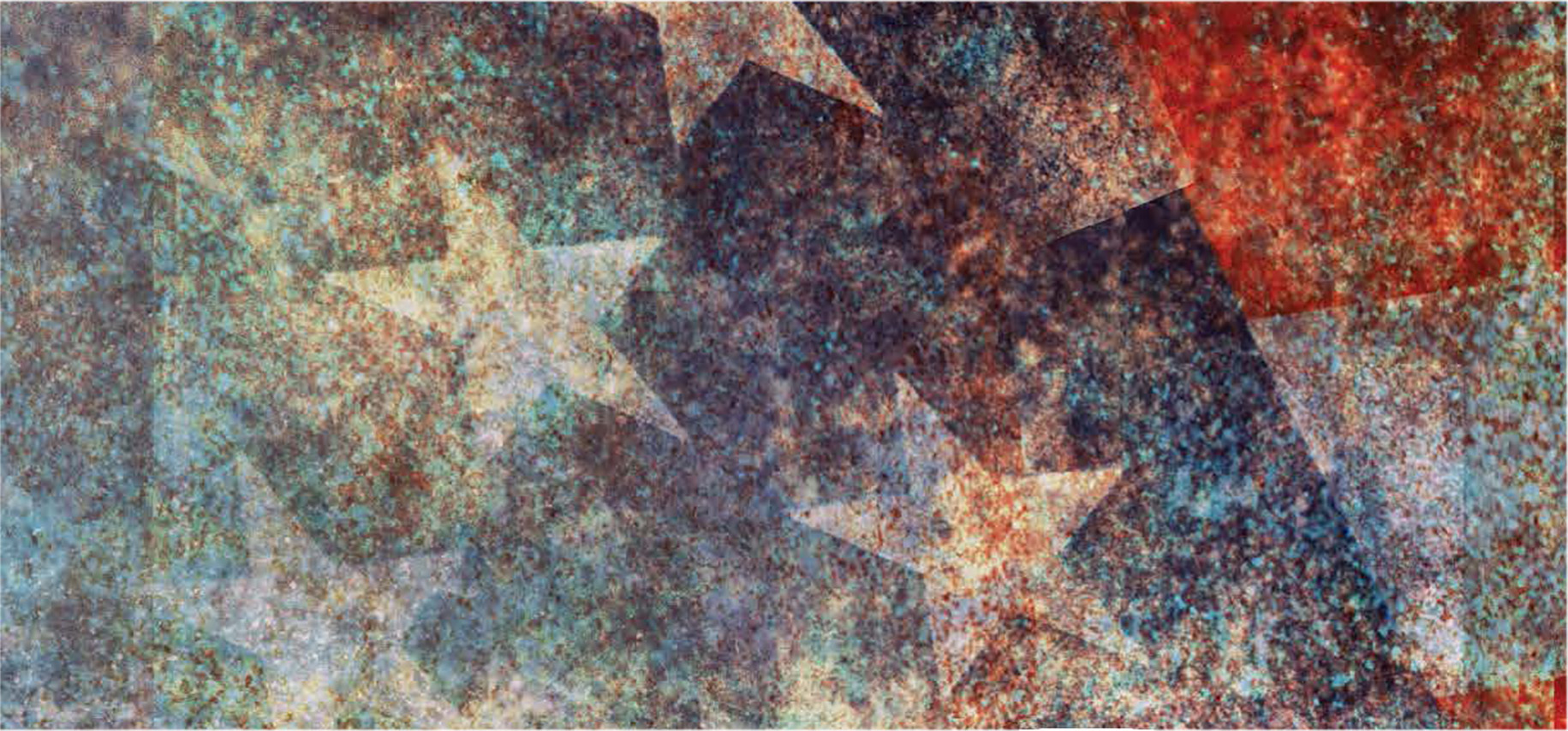A new book by Illinois State University professors is breaking ground on corruption research.

Cover of the new book edited by Nancy Lind and Cara Rabe-Hemp, Corruption, Accountability and Discretion.
Edited by Professor of Politics and Government Nancy Lind and Professor of Criminal Justice Cara Rabe-Hemp, Corruption, Accountability and Discretion: Public Policy and Governance, looks across disciplines to understand how corruption impacts those creating and carrying out public policy.
“When you look at policy making—political policy making in the United States—corruption is really standing in the way of us getting to where we need to be,” said Rabe-Hemp. “You name the issue, and we see corruption playing a large role in keeping that process from being successful.”
In the book, Lind and Rabe-Hemp chose authors who explore everything from vote buying and gerrymandering to sexual harassment of mayors and contractor corruption in war-torn Iraq and Afghanistan.
Lind noted the variety of scholarly fields contributing to the 12-chapter book provides students and academics a fresh look at an old problem. “There were not a lot of interdisciplinary books dealing with issues of public policy, specifically focused on corruption and accountability,” said Lind. “So we went out of our way to include people from social work, communications, sociology, political science, and criminal justice.” This varied approach presents a larger picture of problems, added Lind.
Chapters include work by Illinois State faculty members Thomas McClure and Kerri Milita of the Department of Politics and Government; John McHale, John Huxford, and Maria Moore from the School of Communication; Jennifer Bethmann of Web and Interactive Communications; and Philip Mulvey of the Department of Criminal Justice Sciences.
In one chapter, Rabe-Hemp explored the dance between the media and politicians that can shape public policy, looking at the “get tough on crime” philosophy. “It sounds great. Do the crime, do the time. The public loves that. And the media endorses that with ‘if it bleeds, it leads,’ or violence makes headlines,” said Rabe-Hemp, adding that politicians can commodify the message and use it to their advantage. “So we adopt policy on this feedback loop of getting tough on crime. But we are not acknowledging what criminologists know about crime. It has had devastating consequences for neighborhoods, for schools, for families. We have the highest incarceration rate in the world, and are nowhere closer to ending crime.”
These types of recurring loops all have something in common, noted Lind, a lack of accountability. “In many ways, the book circles around, tying corruption back to the governance structures and how the elected officials have a role to play,” said Lind. “We need, to some extent, to hold the career bureaucrats accountable for the decisions that they make.”
Rabe-Hemp believes the book can spark students to push for change in society. “Whether that change comes through voting, or demanding that the media hold politicians accountable in a different way, or relying more on experts for information, we hope to inspire some change in behavior or at least increase awareness of the issues.”
Lind and Rabe-Hemp’s next book will explore social protest and its growing place as a change agent.



